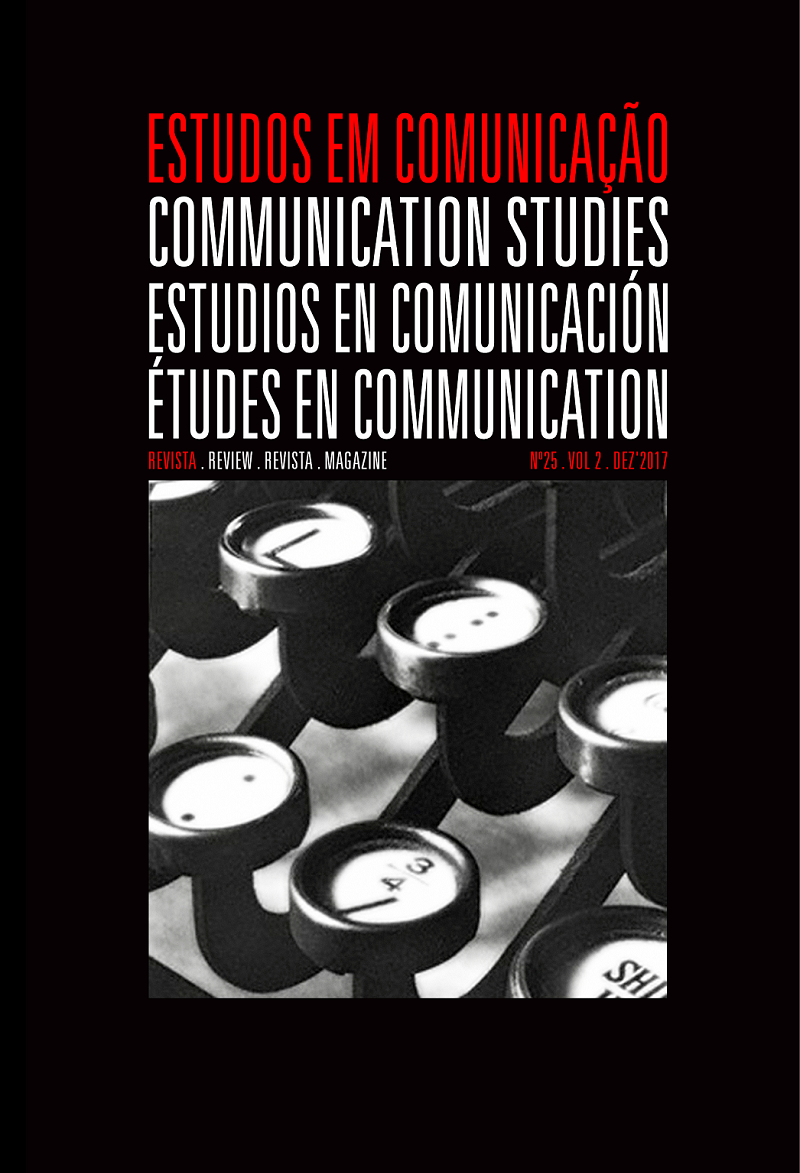An Ecosophical Inquiry into Digital Mediation and Design in Relation to Alternative Food Networks (AFNs) in an ‘Expanded Field’ of ‘Agri-culture’
Palavras-chave:
rethinking humanitiesResumo
THIS paper brings together several fields of inquiry, including agriculture, art, digital media, design and philosophy, to make a tentative, exploratory re-framing of Alternative Food Networks (AFNs), and so to re-think and catalyse fresh opportunities for investigation in the humanities. In order to understand the ‘now’, 1 we have to begin with the long view of the agricultural story and, critically, the mediation of this story. We need to understand how sequential economic, socio-technical and other factors encouraged paradigmatic shifts in the ways we produce, consume and perceive our food. Since Medieval times farmers and producers have been testing new (alternative) systems of production, variously encouraged or resisted by the dominant socio- technical regime. 2 Reaction to the total dominance of agri-industrial farming in the industrialised, northern, western world nations since the 1950s and now globally led to early experiments in different producer-consumer relations, for example through Community Supported Agriculture (CSA) schemes, from the 1980s onwards. 3 During the last twenty years these experiments have multiplied under various monikers, such as sustainable farming, bio-farming, organic farming and AFNs to such an extent that they now represent an ‘expanded field’, to borrow a concept from the art critic Rosalind Krauss. 4 Applying this notion of the expanded field to agriculture leads to a clarification of the terminology and diversity of initiatives that contest intensive agri-industrial farming. Furthermore, it suggests that we are actually exploring a phenomenon of agri-culture, not agriculture, that is the development of farming and food system practices underpinned by new cultural practices and values. 5 Zooming in on the AFNs, which focus on developing new producer-consumer relations, it seems appropriate to consider these developments within Felix Guattari’s ecosophy 6 which he proposed as a means to counter the hegemony of Integrated World Capitalism (IWC), or as we know it today, neo-liberal, global capitalism. So, the key questions raised here are how do the AFNs choose to mediate their activities online, whether they embed an ecosophical approach in doing so, and how these might represent new agriculture. Lastly, I examine the potentiality of design to contribute to amplifying and scaling up AFNs and other practices in ‘an expanded field of agri-culture’.


